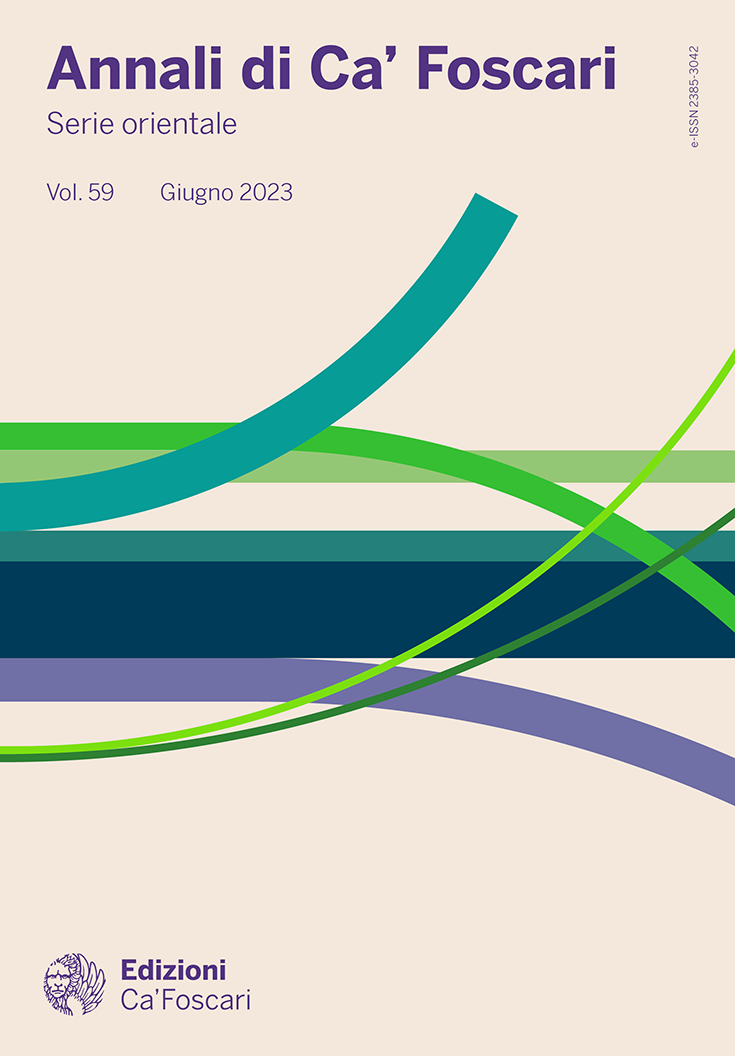
- search 115 views
- file_download 13 download
- keyboard_capslock metadata
-
mark_email_readIscriviti alla newsletter
Two Layers’ on New Women in Colonial Korea: The Case of Ch’oe Yŏngsuk (1905‑32)
abstract
This paper aims to examine the life, experiences, and limitation of Ch’oe Yŏngsuk, a notable New Woman figure subjected to colonial restrictions in Korea during the early 20th century, with empirical resources, including newly discovered archives from the Swedish National Archive and the Sigtunastiftelsen archive. While Korean women were able to receive a modern education from the late 19th century, Ch’oe studied in Shanghai and then went to Sweden in 1926 to study sociology, becoming the first Korean woman to receive a bachelor’s degree in Economics. After her studies, she traveled extensively and met influential people. Despite her notable achievements, Ch’oe could not find a proper job and died in poverty a few months after her return. This paper seeks to shed light on her life during her stay in Sweden and her activities in the independence and feminist movements there. The relationship between her ‘failure’ after returning home and the constraints of the time, given spatially/periodically and gender-wise, will also be examined. It is also worth noting that her case is a symbolic example of the social constraints that elite women had to face at the time. Her contrasting activities and evaluations in Sweden and Korea show how constrained and suppressed a woman’s life is by the time and space in which it positions.
Keywords: Colonial subject • Independence movement • International student • Colonial Korea • Korean New Women • Ch’oe Yŏngsuk (Choi Young-Sook) • Elite women in Modern Korea



